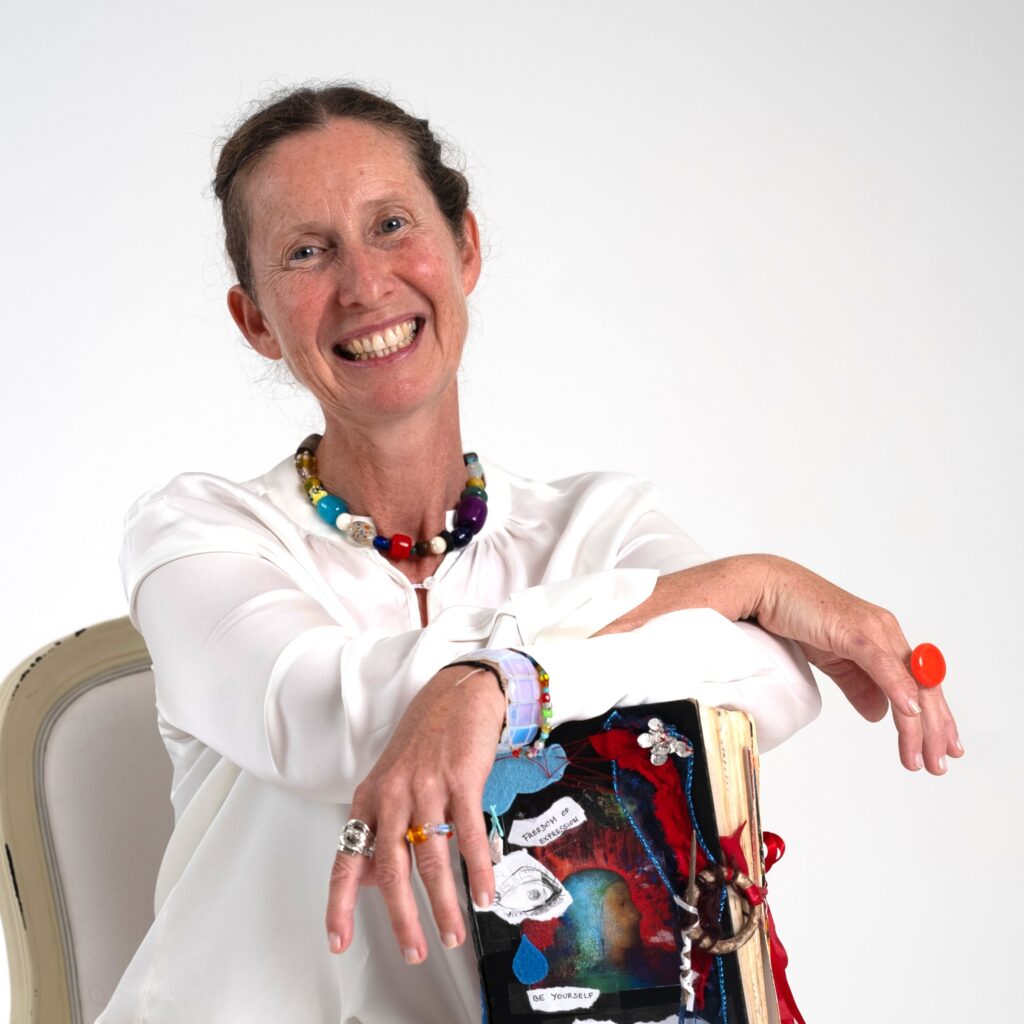NDIS Arts Therapy for
Healing & Growth
Arts Therapy: A Pathway to Self-Discovery, Creative Process and Insight into Trauma
The act of creating art can uncover hidden thoughts, feelings, and memories that may have been buried or suppressed. This self-exploration can lead to a deeper understanding of the trauma and its impact on their lives.
Art therapy is a powerful catalyst for personal growth and healing. By engaging in the art-making process, individuals can cultivate essential coping skills, build resilience, and enhance their self-esteem. This form of artistic expression empowers them to take charge of their healing journey, encouraging the exploration of new perspectives and ways of being.
As a highly effective method for trauma release, arts therapy offers a safe and supportive environment where individuals can express and process their emotions, experiences, and memories. Utilizing various artistic mediums—such as drawing, painting, and sculpting—participants can connect with their creative side, allowing them to communicate and heal in a non-verbal, gentle manner. This therapeutic approach not only facilitates self-discovery but also nurtures a deeper understanding of their trauma, ultimately leading to transformative personal growth.
What is Arts Therapy?
Creative Arts Therapy makes use of different creative media to support healing when words are not enough. Arts Therapy proves especially effective in Trauma work, where creativity can be safely applied to build a bridge between body, mind and soul. Additionally, the language of art allows clients in multicultural contexts to feel felt and connected to themselves and others. Arts Therapy is a therapeutic process that integrates creative expression with psychoanalytic techniques. There are different modalities like visual artmaking, drama, dance and movement.
Creative Arts Therapy helps to develop new coping strategies. The creative process includes drawing, painting, crafting, colouring, sculpting, or collage. As clients create art, they foster self-expression and insight. They may reflect on what they have made and discern how it makes them feel. By exploring their art, people discover various new and old ideas and beliefs, which may be affecting their thoughts, emotions, and behaviours consciously or subconsciously.
Arts Therapy engages the sense of touch using various materials and activities.
Providing an opportunity to explore and comprehend both internal and external sensations at a profound level.
Our Creative Arts Therapy Services
- No previous art skill required
- Arts therapy is available for private clients
- Arts therapy is available for NDIS plan-managed, self-managed or NDIA-managed participants
- The session fee includes all materials
- All ages are welcome
How do I know if Arts Therapy is right for me?
Research demonstrates Arts therapy can be beneficial for a wide range of issues, including:
- Depression
- Anxiety
- Chronic Pain Trauma
- Complex Trauma
- Learning & Developmental Disabilities
- Eating Disorders
- Ageing & Geriatric issues
- Stress
- Physical health conditions
- LGBTQI+
No, you don’t need art skills or talents to participate. Art therapy is open to everyone regardless of their skill level or background.
Our Creative Arts Therapist
AThR
Creative Arts & Psychodynamic Psychotherapist
Elisabeth Eitelberger is a registered Psychotherapist and Clinical Counsellor with PACFA, as well as a professionally recognised Creative Arts Therapist with ANZACATA. She tailors her therapeutic approach to address the specific challenges and requirements of her clients, creating a trauma-informed and culturally sensitive environment that encourages both verbal and non-verbal expression.
Her diverse interests encompass Trauma, C-PTSD, Neurodivergence (including Autism, ADHD, and Dyslexia), Identity Development with a focus on LGBTQIA+, along with Anxiety, Depression, Mental Health Disorders, Chronic Pain, and Existential Self-Exploration. Elisabeth advocates for an integrative methodology that combines evidence-based practices with somatic and creative arts therapy, drawing on Psychodynamic and Psychoanalytic Psychotherapy, as well as incorporating techniques from Internal Family Systems, Polyvagal Theory, Sensorimotor Psychotherapy, DBT, MBT, Interpersonal and Existential Psychotherapy, and Humanistic Theories.
With a wealth of experience assisting clients from diverse backgrounds, Elisabeth has also maintained a professional career as an interdisciplinary artist for over thirty years. She holds Master’s degrees in Creative Arts Therapies from Murdoch University and Philosophy from Vienna University.
